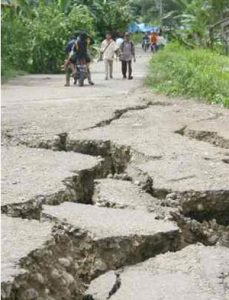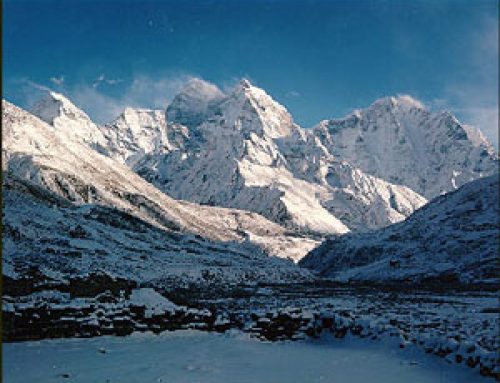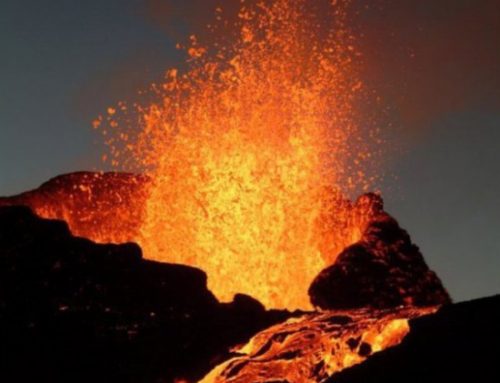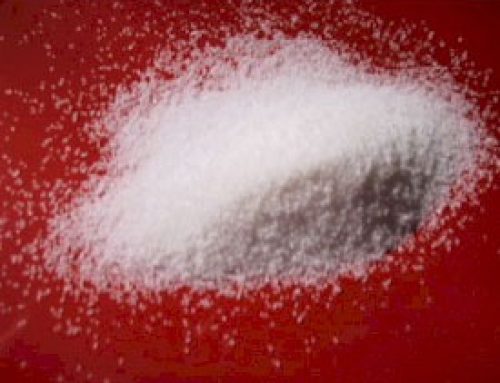
Earthquake in Peru – Earthquakes can split the ground open! What causes earthquakes?
What causes earthquakes?
Earthquakes happen when the moving tectonic plates that make up the surface of the Earth move apart or bump into each other, or slide under each other.
This movement tears apart the surface of the Earth, or crunches it up. Most often, this just means a little shaking for a few seconds, and nothing very serious happens.
More about plate tectonics
All our geology articles
Several times a year, though, somewhere in the world there is enough movement to really shake the earth a lot, and the earthquake is serious enough to knock down buildings. When the buildings fall on people, many people can be killed in a few minutes. The strongest earthquakes can break trees in half.
What is the Richter scale?
The Richter scale (or ML scale) rates earthquakes on an exponential or logarithmic scale, so that if an earthquake is rated 1, you can hardly feel it, but an earthquake rated 2 is ten times as strong as an earthquake rated 1, and an earthquake rated 3 is ten times as strong as an earthquake rated 2.
What are exponents?
More about logarithmic scales
How strong was that earthquake?
Only a few people feel a level 1 earthquake. In a level 2 earthquake, a few people who are resting may feel it, especially if they’re near the top of a tall building. Nearly everyone will feel a level 5 earthquake, and some dishes and windows will break.
At level 6, heavy furniture moves around, and many people will feel frightened, but there’s not really much damage. In a level 8 earthquake, many buildings will fall down.
A 6.8 earthquake in 2001 in Geiyo, Japan
Earthquakes and tsunamis
Because most of the Earth is covered by oceans, earthquakes often happen in the ocean. Usually an earthquake in the ocean just shakes the water and people don’t notice. But sometimes the water pulls all together into a huge wave called a tsunami (tsoo-NAMM-ee). If you are near the coast and there’s an earthquake, get away from the beach as fast as you can, in case a tsunami comes.
Are there earthquakes on other planets?
Because at least some other planets, like Mars and the moons of Jupiter, have tectonic plates like Earth, they probably also have earthquakes.
More about other planets
Predicting earthquakes
People have tried to predict and prevent earthquakes for thousands of years, but we still can’t really predict them, and we can’t do anything to prevent them. Early people made sacrifices to their gods at places like Delphi, where there are a lot of earthquakes, to try to keep the gods happy so they wouldn’t shake the earth.
More about the oracle at Delphi
By the time of Aristotle (300s BC) scientists understood that this was a natural thing the earth just did. The Chinese scientist Zhang Heng built a seismograph in the 100s AD that served as a sort of early warning system. Our seismographs today use pretty much the same idea. By the 800s AD, Ibn Sina in Iran knew that earthquakes shape the geology of a region, thrusting some rocks up and pulling others down.
More about seismographs

An earthquake knocked down the Temple of Zeus at Olympia
History of earthquakes
People sometimes think an earthquake can destroy a civilization. It’s true that some earthquakes kill tens or even hundreds of thousands of people, but the survivors usually rebuild their city pretty soon. One early earthquake knocked down the palaces of Crete about 1700 BC, but people rebuilt bigger and better palaces.
More about Minoan Crete
Another serious earthquake destroyed the city of Troy about 1250 BC, and again the people rebuilt their city.
More about Troy and the Trojan War
A big tsunami hit Peru about 500 BC, but the Chavin also rebuilt. But if a city is already getting smaller, a big earthquake encourages people to abandon it. That’s what happened in Rome, when a big earthquake damaged buildings in 849 AD – many people moved across the river, or left town.
But when a great earthquake knocked down most of Lisbon in Portugal in 1755, Portugal again used the opportunity to rebuild a more modern city (and Voltaire wrote about it in his Candide).
Earthquakes today
Today, while we haven’t figured out how to stop earthquakes, or how to tell if one is about to happen, we do know how to cause them. Fracking for oil is causing many small earthquakes, and it may cause a large one someday soon if we don’t stop.
More about oil
Did you learn everything you needed to know about earthquakes? Let us know in the comments!





Wow that is so cool i am i 5th and i never seen that at all!!!!!!!!!!!!!!!!!!!!!!!!!!!!!
Thank you this helped me alot with my quiz/project
[…] i am not trying to be mean i am a nice 10 years old i am just a kid ???????????????
(edited to take out anything unkind)
how fast do tectonic plates move it doesnt say
Hi! It depends on which tectonic plate, and it can change over time. But generally about 1-5 cm (about half an inch to 2 inches) a year. That is, very very slowly.
This article was very nice, earthquakes are a bit scary but very nice. Thank you. – novella coachella
hello, this is nice website. i know about earthquakes now thanks to you.
nice this app is easier to use than others
Thanks, Rachel! I’m glad we could help. If you want to help us out, we’d love to have you as a supporter on our Patreon: https://www.patreon.com/quatr_us – we’re trying to get all the ads off the site, to make it easier for students to use.
i have fond out a lot of stuff I needed thanks Karen and I hope that an earthquake doesnt happen when I move to JAPAN
Thank you, Kaiden! I love getting comments like that! I’m glad we could help. If you have a teacher or librarian who would like to link to this site, we’d be very grateful, so other students could find it! Or, if you or your folks would like to sponsor our Patreon, it’s here: https://www.patreon.com/quatr_us. Every sponsored $1.00 gets the ads off an article so we can all enjoy reading without the distracting ads.
This is really helpful i finished my project just in time. Thank you Keren!!!
I need help
Sure! How can I help?
i had found out that earthquakes happen ever year.
Thank you karen
this is the best website ever.
Thanks, Thomas! I’m glad you liked it. If you have a teacher or a librarian who could link to us, that would really help other students to find this site and we’d super appreciate it! Good luck with your project!
I still need help tbh.
No problem! What did you want to find out?
cool
This was really helpful. Thank you Karen
You’re welcome! I’m so glad we could help. If anyone at your school has a page you could link to us from, that would help us out a lot, so more students could use this site.
i dont care
Well, you don’t have to! We’ll be here when you do find something you want to know more about.
Nice info! I finished my essay FAST
school brought me here
Well, that’s probably true for most of our visitors! I hope you found what you were looking for!
my school work brought me here.
And we’re so happy about it, Nev! I hope you found what you wanted.
COMMENT…
Thanks for stopping by!
lol